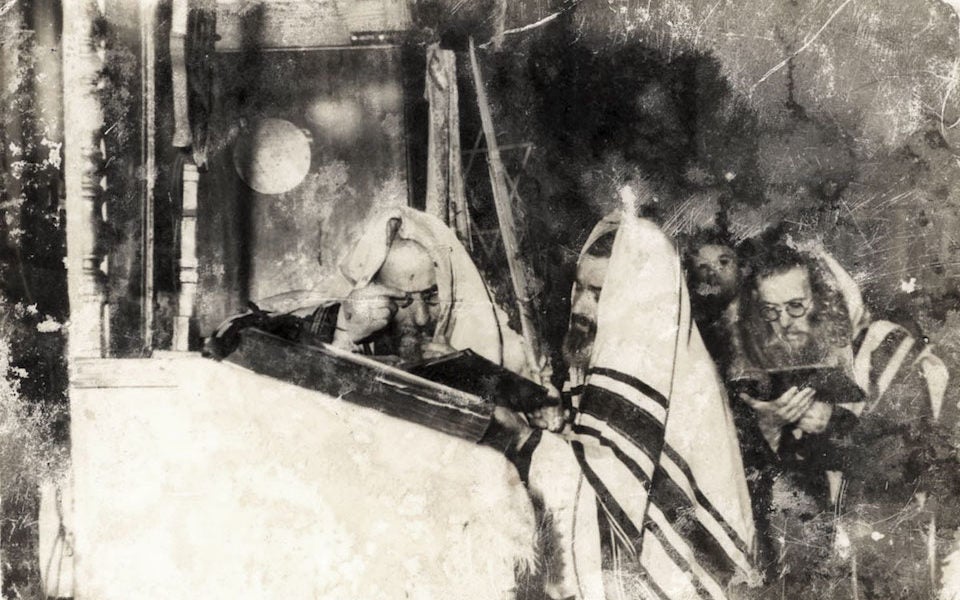“Rabbi, Do I Need to Be Chareidi so that My Children Turn Out Religious?”
 Inside the Sukkah of the Lodz Ghetto.
Inside the Sukkah of the Lodz Ghetto.
That was the question posed. Or rather, the statement. In truth, it was a challenge.
Please ignore, for the moment, the impossibility of unpacking the notion of Chareidi or Modern Orthodox. I don't really know what any of that means. What was clear to me was that this young father was simply giving societal names to varying perceived levels of insularity and integration. He was not concerned with the philosophies of “Torah U'Madah” vs “Torah im Derech Eretz”. Nor was he wondering about the values of secular education.
This question, which is a real question, is, simply put: If I want my children to have the best chance of becoming committed, connected, passionately Jewish adults, which community will best serve those outcomes?
For those who are in a more insular community, their answer is clear. They have chosen to protect their interests by engaging less with the outside world. At least as this pertains to external cultural expressions.
But after many conversations with friends and colleagues, I have a growing suspicion that as COVID introduced dozens of internet connected devices to “chareidi” homes, the gap between the “inside” and “outside” world has all but disappeared.
Which means that this question – how to best prepare our children for the “outside world” – is now universal. There is no community in which one can hide their children away from the “Outside”.
How then should we proceed?